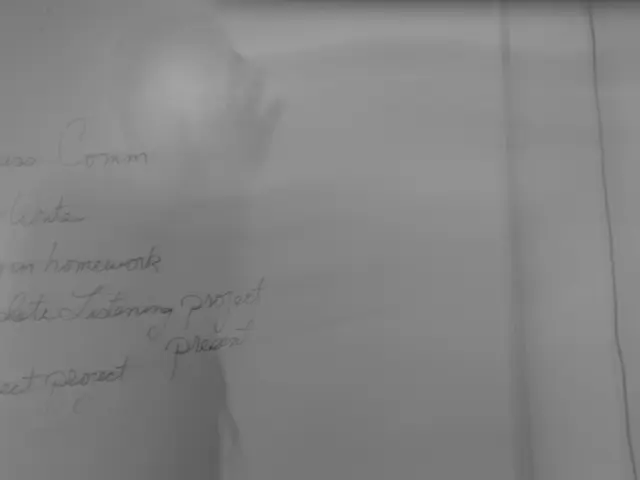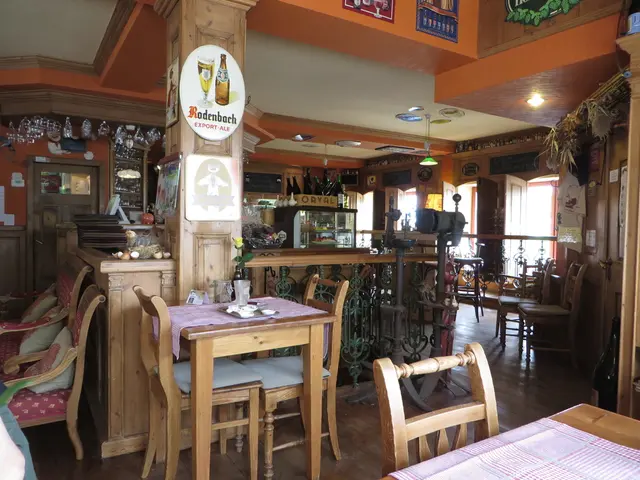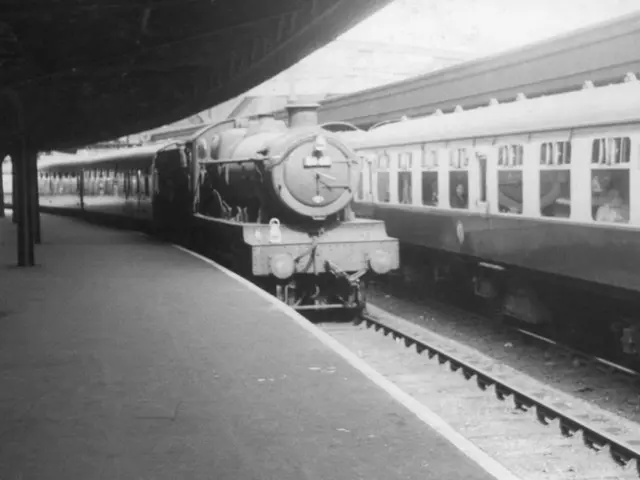Is Compost Necessary for Good Gardening Practices?
Compost ain't just a hippie fad, no sir! It's freakin' essential, especially for us gardeners who wanna grow stuff the natural way. Why, you ask? Let's dive in and find out!
All About That Compost
Compost is simply taking dead stuff and turning it into gold for the garden. It's made from stuff like grass clippings, kitchen waste, manure, coffee, and even leaves—all of which break down over time into a super-fertile medium for the garden.
Compost vs. Fertilizer: What's the Difference?
Fertilizer and compost, while both key to plant health, serve different purposes. Compared to fertilizers (organic or inorganic), compost feeds the soil, while fertilizers feed the plants. I prefer to use organic fertilizers for short-term purposes, but compost is my long-term plan to keep the soil healthy and fertile.
When you put compost in your garden, you nourish the good microbes and creatures living in the soil, like bacteria, fungi, earthworms, and more. These little critters convert the organic material in compost into nutrients plants crave. Earthworms, in particular, create substances that continue to enhance the soil's fertility, and their tunnels allow oxygen to reach plant roots.
Fertilizers, on the other hand, mainly focus on the "big 3" nutrients: nitrogen, phosphorus, and potassium. Compost provides minor nutrients beneficial for the plants and helpful for our own health when we eat those fruits and vegetables.
Long-Term Investment for Your Garden
As a newbie gardener, preparing my plot one spring, I saw the impact of adding compost and organic matter firsthand. My southwest corner, tilled over and suffused with compost and wood chip mulch, had a rich, dark, crumbly texture that gardeners desire. In contrast, the northwest corner, newly tilled and untouched, was dry, rocky, and hard-packed clay. Just a few years ago, my southwest corner had been in that same state, but the power of compost and consistent care had transformed it into an entirely different garden.
So, Do I Really Need Compost?
If you wanna invest in your soil for the long-term, make nutrient-rich, healthy food grow, and break free (or prevent) a cycle of synthetic fertilizer dependence, compost is where it's at.
How Can I Get Started with Composting?
If I've convinced you of compost's benefits, you're probably wondering how to get started. Learn about backyard composting in my book, Flourish, or tune into the Beginner's Garden Podcast to learn about compost piles vs. tumblers.
A Few More Considerations
Remember, there's a difference between composted manure and compost. Composted manure, while still good for your garden, is primarily nitrogen. Compost, on the other hand, is a balanced organic matter mix beneficial for general garden applications.
Landscaping companies and nurseries also sell compost in bulk, which can be economical, but you'll either need a way to haul it or pay a delivery fee. Make sure to ask about the source of the ingredients, as tainted compost can ruin an entire garden.
Decide on how much to buy based on your budget and garden space. A little goes a long way, and I know some gardeners who cover their entire garden with a couple of inches, while others use a shovelful in each planting hole and around plants once established.
In the end, using compost is a smart choice if you care about the long-term health of your garden, plants, and food.
Struggling with garden planning?
Subscribe below to receive my best tips to plan your garden in just 7 days—all for FREE! Plus, I'll send you my "In the Garden E-mail" on Fridays, periodic updates on garden resources, and access to my entire bank of free garden downloads!
[Subscribe Here]
Want more free resources? [Access Them Now]
[Powered by Kit][Share on Facebook][Share on Twitter][Share on Pinterest][Share on Email][Share on WhatsApp]
[Share on other platforms]
Free Resources
I'm living proof that a beginner can grow a rewarding garden. And I want to help you grow yours.
ACCESS THE FREE GUIDES NOW
- For gardeners who aspire to grow plants naturally, composting is an essential practice, transforming dead organic materials like kitchen waste, leaves, and grass clippings into a super-fertile medium for the garden.
- In contrast to traditional fertilizers, which feed the plants directly, compost nourishes the soil, promoting growth of beneficial microbes, fungi, earthworms, and other creatures living in the soil, who convert the compost into nutrients that plants crave.
- As a gardener, preparing your plot with compost and organic matter can have a significant impact on your garden's health, as demonstrated by the transformation of a once dry, rocky, and hard-packed clay soil into a rich, dark, crumbly texture, ideal for healthy plant growth.
- If you aim to invest in the long-term health of your soil, produce nutrient-rich food, and reduce dependence on synthetic fertilizers, compost is a worthwhile investment.
- To get started with composting, consider reading the book "Flourish" or listening to the Beginner's Garden Podcast for information on backyard composting techniques and equipment choices. By adopting composting into your gardening lifestyle, you'll be taking an important step towards sustainable living and home-and-garden management.







